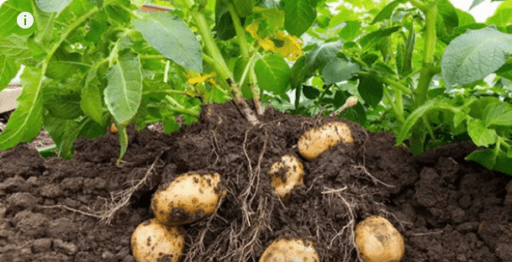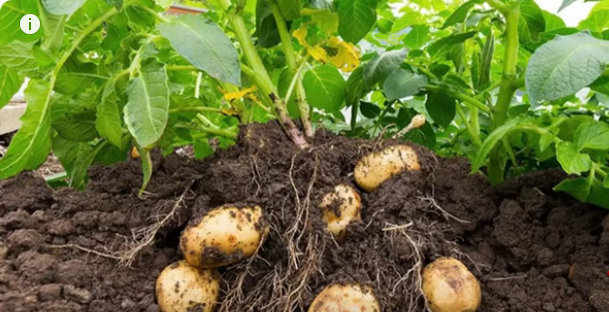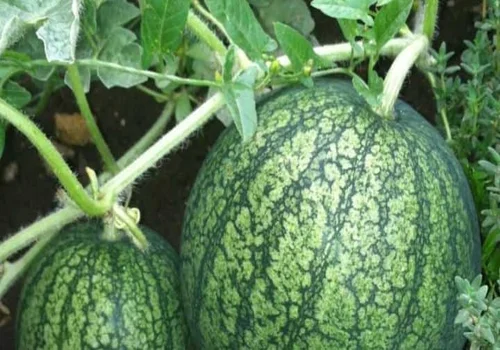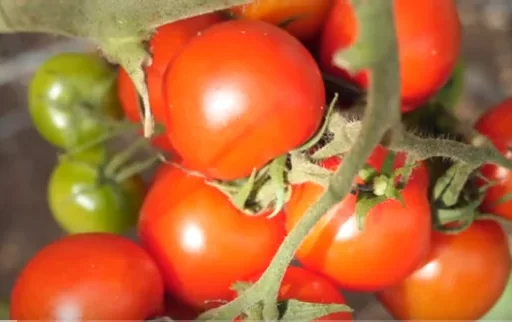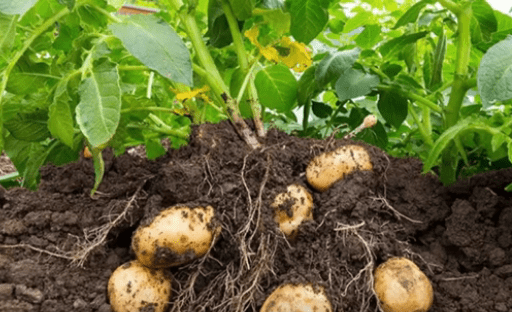Gardening in regions with fluctuating temperatures can be challenging, especially when you’re eager to see the fruits of your labor. In this article, we will explore four effective methods to speed up the growth of your garden, allowing you to harvest earlier than expected. These techniques will help you optimize your plants’ microclimate and support their faster development.
1. Warming the Microclimate with Black Plastic
One effective way to accelerate plant growth is by warming up the microclimate surrounding your plants. Using black plastic or weed barrier fabric can significantly increase the temperature around your plants, promoting faster growth.
For example, in cooler climates like New Jersey, farmers use black plastic to raise soil temperature by about 5 degrees. This may seem small, but over time, this additional warmth can speed up the plant’s metabolic rate, resulting in faster growth. The black plastic not only heats the soil during the day but also radiates that heat at night, creating a consistently warmer environment for the plants.
In experiments, using this method helped accelerate tomato plants’ growth, producing ripe fruits weeks earlier than without the plastic. The added benefit of using weed barrier fabric is the suppression of weeds, which reduces maintenance and allows the plants to focus their energy on growth.
2. Avoid Early Mulching
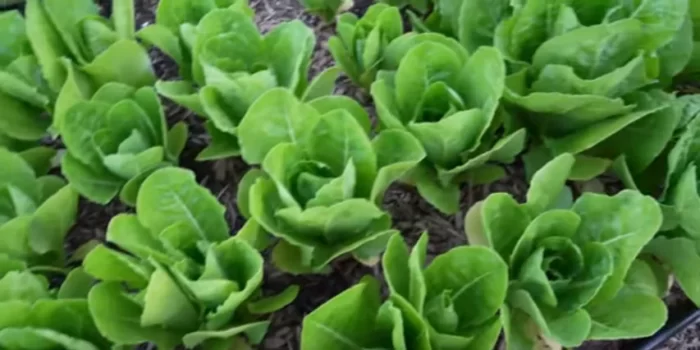
While mulching is essential for locking in moisture, suppressing weeds, and enriching the soil, it can hinder plant growth if applied too early in the season. Mulching cools the soil, which is beneficial in hot weather but counterproductive during cooler times when heat-loving plants like tomatoes and watermelons need warmth.
In early spring, exposing black soil helps it absorb more heat, promoting faster growth. It’s best to wait until the temperatures have risen consistently before applying mulch. Once the heat sets in, adding mulch will protect the soil from excessive dryness and heat stress.
3. Use Proper Fertilizers at the Right Time
Fertilizing is crucial for healthy plant growth, but the type of fertilizer and timing matter. Organic granular fertilizers are ideal for planting, as they slowly break down and release nutrients into the soil. However, these fertilizers require warm temperatures and active soil biology to decompose effectively.
In cooler climates, the soil might not be warm enough for the fertilizers to break down quickly. To supplement this, you can use water-soluble fertilizers that provide immediate nutrients to the plants. Products like Alaska Fish Emulsion or Dr. Earth’s Pump and Grow are great organic options that supply plants with essential nutrients right away.
For those okay with non-organic fertilizers, Jax 20-20-20 or Miracle Grow are excellent water-soluble options that can be absorbed by plants immediately. These fertilizers provide balanced nutrition and can be found in most gardening stores.
4. Maximizing Heat for Short-Season Gardens
For gardeners in short-season climates, the key to faster growth is maximizing heat during the growing period. Using black plastic or weed barrier fabric, as mentioned earlier, helps create a warmer environment for your plants. In addition to using proper fertilizers, try placing heat-absorbing materials near your garden to keep the area warmer.
If temperatures drop significantly at night, consider covering your plants with plastic domes or row covers to trap heat overnight. This extra step will help keep your plants growing steadily, even when the weather fluctuates.
By following these tips, you can create the optimal growing conditions for your garden and enjoy a faster, earlier harvest.
Frequently Asked Questions
1. Can using black plastic harm plants in hot weather?
Yes, in extremely hot conditions, black plastic can trap too much heat, which may stress the plants. In such cases, mulching over the black plastic will help balance the temperature.
2. When should I start using mulch?
Mulch should be applied when the weather has warmed up enough, typically in late spring or early summer, to prevent soil from overheating or drying out.
3. How do water-soluble fertilizers help in cool climates?
Water-soluble fertilizers provide immediate nutrients to plants, even in cooler soil conditions where granular fertilizers might not break down quickly.
4. Can I use organic fertilizers with synthetic ones?
Yes, combining organic and synthetic fertilizers can help provide both immediate and long-term nutrients to your plants.
5. How much should the temperature increase with black plastic?
Using black plastic can raise the soil temperature by about 3-5 degrees, which can significantly speed up plant growth over time.
6. Should I always use black plastic for all plants?
Black plastic is most beneficial for heat-loving plants like tomatoes and cucumbers. For plants that prefer cooler temperatures, it’s better to avoid using it.
7. Is black plastic reusable?
Yes, black plastic or weed barrier fabric is durable and can be reused for several growing seasons with proper care.

